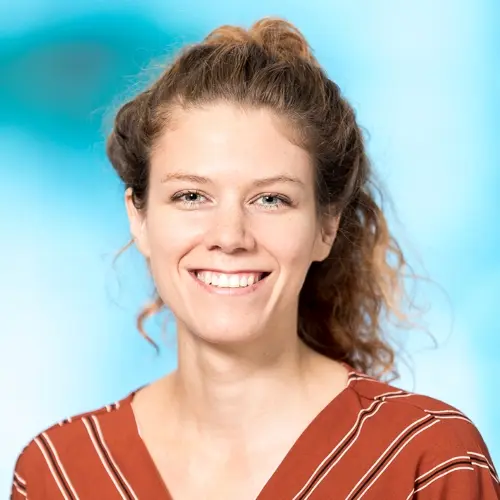ACLS Master's thesis by Patricia Krayer: What could a vegan world look like?
Patricia Krayer completed the Master in Applied Computational Life Sciences (ACLS) and dedicated her Master's thesis to the interesting question of what a vegan world would look like. Read about the surprising results she obtained in this interview.


What is the focus of your Master's thesis?
I explored the impact of a completely animal-free or reduced-animal agriculture system on food security and how it would alter the environmental effects of agriculture. To do this, I extended an existing model of the global food system (SOLm) to facilitate the implementation of vegan or partially vegan agricultural scenarios. Additionally, I conducted a detailed analysis of the compatibility between organic farming and vegan agriculture.
What motivated you to pursue this research?
We depend on food, yet food production is associated with very high environmental impacts. I am interested in this conflict because it is something we all deal with daily. Furthermore, reducing animal-based foods is generally associated with fewer environmental impacts, but animal-based fertilizers are essential in organic farming. Thus, I have long wondered about the compatibility of these two approaches, and unfortunately, there were few studies on this topic. Fortunately, my Master's thesis provided me with the opportunity to delve into it through modeling.
What were some of the exciting insights you gained from your research?
There were many exciting results. What surprised me most was that organic farming is actually very dependent on animal production. If all the people in the world are to be fed and the agricultural area is not expanded, this can be achieved without animals, but only with conventional agriculture, because the yields are higher there and no areas have to be kept free for nitrogen fixation. However, it has also been shown that a 100% vegan world is not necessarily more environmentally friendly in all respects. In one vegan scenario, for example, water consumption was very high. This shows that in the end the concrete implementation also plays a big role and the ideal agriculture is probably neither 100% organic, nor 100% vegan, but an intelligent combination of different approaches.
What did you study and work on before pursuing the ACLS Master's programme?
I completed a Bachelor's degree in physics and a Bachelor's degree in Environmental Engineering before starting my ACLS studies. During my studies I worked as a research assistant in the ZHAW research group Geography of Food.
What are you doing now after graduation?
I recently started a trainee programme as a data consultant at Trivadis / Accenture. This is a very exciting job because it gives me the opportunity to look behind the scenes of many different companies. I also get to experience the whole value chain of data from data engineering to analysis using data science and see the great opportunities that come from smart data management.
More information about the MSc in Applied Computational Life Sciences.